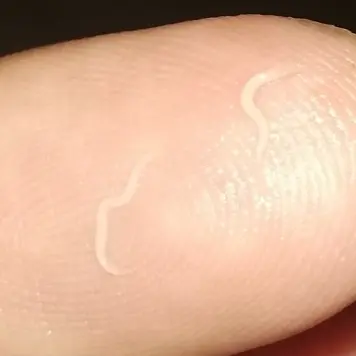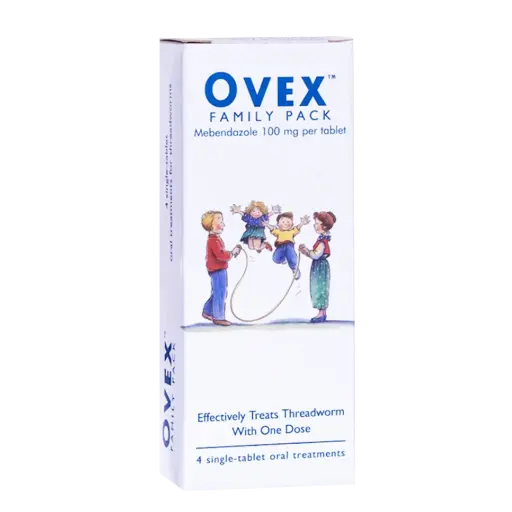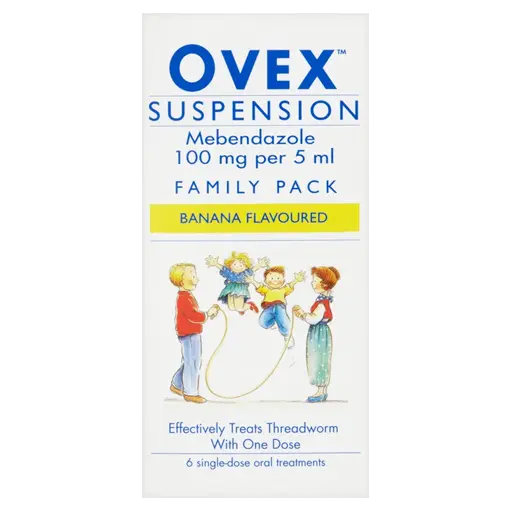What are Threadworms?
What are Threadworms?
Threadworms, also known as pinworms, are tiny parasitic worms that infect the intestines. They are common, especially in children, and cause intense itching around the anus. Although threadworm infections can be uncomfortable, they are usually harmless and can be treated easily.
What Causes Threadworms?
Threadworms are spread through the ingestion of their eggs. This often happens when:
- Touching Contaminated Surfaces: Eggs from threadworms can survive on surfaces like bedding, clothing, toys, and bathroom fixtures for up to two weeks.
- Poor Hand Hygiene: If someone touches a surface with threadworm eggs and then touches their mouth without washing their hands, they can swallow the eggs, leading to infection.
- Scratching the Anal Area: The female threadworm lays eggs around the anus, causing itching. When a person scratches the area, the eggs can transfer to their fingers and be spread to others or re-infect themselves if they touch their mouth.
Once ingested, the eggs travel to the intestines where they hatch and mature. Adult female worms lay more eggs around the anus, continuing the cycle.
Symptoms of Threadworms
The most common symptoms of threadworm infection include:
- Itching Around the Anus: This is usually worse at night and is caused by female worms laying eggs in the skin folds around the anus.
- Restlessness and Irritability: Itching may cause disrupted sleep, particularly in children.
- Visible Worms in Stools or Around the Anus: Adult worms are thin, white, and about the size of a staple (around 1cm long).
- Loss of Appetite and Weight Loss (in severe cases): This is less common but may occur if the infection is left untreated.
In some cases, there may be no symptoms, especially in mild infections.
What Do Threadworms Look Like?
Threadworms are thin, white, and resemble small pieces of thread. They are about 1 centimetre long and can often be seen in the stool or around the anus, especially at night when the female worms come out to lay their eggs. You may also notice them on bedding or underclothes.

Treating Threadworms
Threadworms can be treated effectively with medication and strict hygiene measures:
Over-the-Counter Medication:
Mebendazole is the most commonly used treatment for threadworm infections. It is available as a chewable tablet or liquid. Mebendazole kills the threadworms but does not kill the eggs, so hygiene measures are essential to prevent reinfection.
All family members should be treated at the same time, even if they don’t show symptoms, to prevent the spread of the infection.
Ovex tablets and Ovex suspension are available over the counter for anyone over the age of 2. For anyone under the age of 2 they will need to see a doctor to have something prescribed for treating their threadworms.
Hygiene Measures:
- Regular Handwashing: Wash hands thoroughly with soap and water, especially after using the toilet and before eating.
- Short Nails: Keep fingernails short and discourage nail-biting or sucking fingers, as this can transfer eggs.
- Frequent Laundry: Wash bedding, clothes, and towels regularly, especially in the first few days of treatment.
- Morning Baths: Bathing every morning helps remove any eggs laid overnight.
- Cleaning Surfaces: Clean bathroom surfaces, door handles, and toys regularly to reduce the spread of eggs.
Preventing Threadworms
To prevent threadworm infections from spreading or recurring, follow these prevention tips:
- Encourage Good Hand Hygiene: Teach children to wash their hands regularly with soap and water, especially after using the toilet and before eating.
- Regularly Wash Bedding and Towels: This helps remove any eggs that may be on surfaces.
- Discourage Nail Biting and Thumb Sucking: These habits can easily transfer eggs to the mouth.
- Wear Underwear to Bed: This can help prevent the spread of eggs and reduce the risk of scratching.
- Daily Showers or Baths: Bathing in the morning helps remove any eggs that may have been laid around the anus overnight.
Maintaining these hygiene measures for at least two weeks is important to break the cycle of infection.
Frequently Asked Questions (FAQs)
1. Can adults get threadworms?
Yes, although threadworms are more common in children, adults can also be infected, especially if they live with or care for infected children.
2. How do I know if I have threadworms?
The main sign is itching around the anus, especially at night. You may also notice tiny white worms in your stool or around your anus.
3. Can threadworms cause any serious health problems?
In most cases, threadworms are not harmful and can be easily treated. However, if left untreated, they may cause severe itching and disrupted sleep.
4. Can threadworms be treated without medication?
While hygiene measures are crucial, medication like mebendazole is often necessary to kill the worms. The hygiene measures help prevent re-infection and spreading.
5. Do pets carry threadworms?
No, threadworms only infect humans. Pets do not get or carry threadworms, however there is a small risk that threadworms can be caught from pets if the animal’s fur becomes contaminated with eggs after an infected person strokes it.
Sources
NHS: Threadworms
NHS Inform: Threadworms
Patient Info: Threadworms
Related products
-
P

ovex tablets
£3.99
-
P

ovex suspension
£9.99